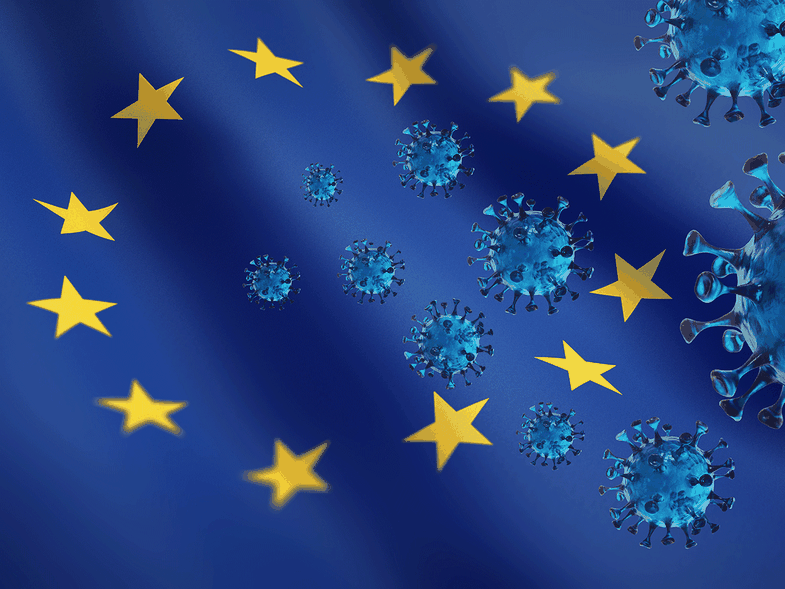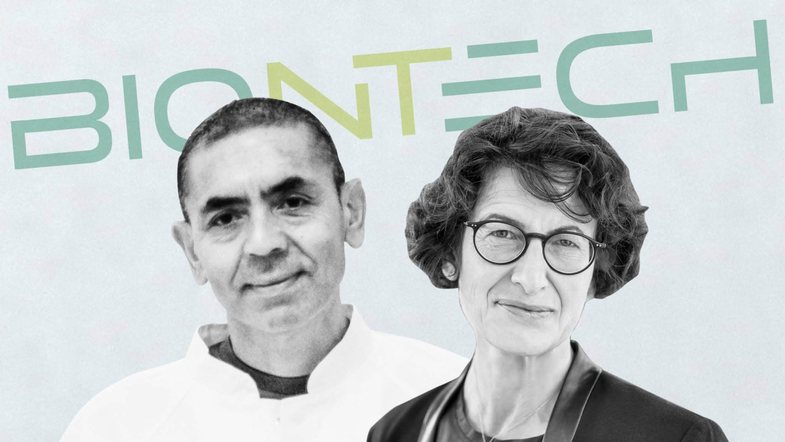
The Pfizer / BioNTech vaccine was the first to be approved by the European Union late last month after being approved by the United Kingdom, Canada and the United States, which have also approved the Moderna or Oxford / AstraZeneca vaccine. leaving the EU behind in this regard.
Ugur Sahin, head of the German biotechnology company, said the situation is not easy and the EU mistakenly assumed that there would be different vaccines, which would be ready at the same time, but this did not happen.
"It was assumed that other companies would have their own vaccines. It seems the plan was this: We will get enough, it will not be bad and we have the situation under control. "I was surprised," he told Der Spiegel.

Ozlem Turici, Sahin's wife and co-founder of the company, said the EU thought it would have a "basket of different suppliers" to choose from.
"Such an approach does not make sense. "But then at some point the situation became clear and we were not able to secure the orders very quickly," she said.
The US ordered 600 million doses of the BioNTech / Pfizer vaccine in July, while the EU waited until November to order half of them. Sahin said the firms were now working to increase production and "fill a hole due to the lack of other approved vaccines".
Tureci said the company has also signed agreements with five other pharmaceutical companies in Europe to increase production and is negotiating with others.
"By the end of January we should have clarity on how much we can produce," Sahin said.

- Albania officially provides 500,000 doses of Pfizer vaccines
- 13 great events from 2020 and yes, we take it seriously
- Oxford / AstraZeneca vaccine approved: Good news for poor and developing countries
- Pfizer leader optimistic: 'End of pandemic is a matter of time'
- The second vaccine for Covid is approved: How does it differ from the first vaccine?





